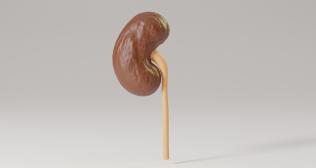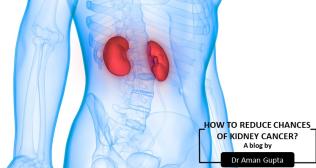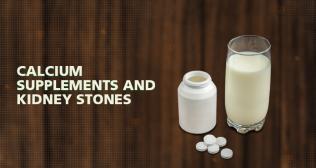
Kidney stone and Urinary Tract Infection: Common disorders of the Urinary System
The urinary system, comprising the kidneys, urinary bladder, ureters, and urethra, plays a vital role in various physiological functions, including blood pressure regulation, red blood cell production, calcium absorption, toxin metabolism, and waste excretion. Two prevalent urological disorders affecting the urinary system are kidney stones and urinary tract infections. A recent study revealed a frequent coexistence of both conditions emphasizing the need for comprehensive management and preventive measures. Let us understand in detail more about kidney stones and urinary tract infections.
What are kidney stones?
Kidney stones, or nephrolithiasis, are mineral deposits that form within the kidneys. These stones are primarily composed of calcium oxalate, often mixed with calcium phosphate, and may also include uric acid, struvite, and cystine.
Symptoms of Kidney stones
Kidney stones may remain asymptomatic until they obstruct the ureters, the tubes responsible for transporting urine from the kidneys to the bladder. When the stones obstruct the flow of urine, it can lead to various symptoms which include:
- Abdominal or posterior side pain
- Pain spreads to the groin, testicles (men), or labia (women).
- Intense and acute pain beneath the ribs
- Cyclic pain patterns with fluctuating intensity
- Pain or burning sensation during urination.
Other symptoms can include:
- Fever, chills
- Hematuria (blood in urine)
- Abnormal urine color (pink, brown, red)
- Nausea and vomiting
- Persistent urination
If an individual experiences the above symptoms, it is always recommended to seek immediate medical advice. The urologist will suggest certain blood tests, urine tests, and an ultrasound scan to ascertain the presence of kidney stones and to identify the specific type and site. However, if one ignores such symptoms serious complications develop that worsen the health condition of individuals. Some of them include:
- Septicaemia (Blood related infection)
- Kidney failure which requires transplantation
- Obstruction of the bladder that happens when a large kidney stone passes through the bladder and is held up in the urethra causing painful urinary retention.
What causes kidney stones?
Most of them develop kidney stones due to genetic predisposition. The primary risk factor that stands out is inadequate fluid intake which greatly increases the likelihood of kidney stone formation. Other factors include consumption of high-salted food, obesity and recurrent urinary tract infections. Since urinary tract infection is one of the most common indications for kidney stones let us understand more about it.
Urinary tract infections (UTIs)
The infections that occur in the urinary system affecting the kidneys, bladder and tubes are called urinary tract infections.
Symptoms of UTIs
The most frequent location for infection is the urinary bladder. These infections result in inflammation and irritation in the lining of the urinary tract causing pain in the lower abdomen and back. Certain symptoms of UTIs are:
- Frequent urination
- Pain or burning sensation while urinating
- Hematuria
- Pink or red, foul-smelling urine
When the kidneys are affected with infection there exist supplementary indications: Fever, shivering and chills, pain on either flank of the lumbar region, nausea, confusion, agitation, and uneasiness.
What causes UTI?
The most common causes are bacterial infections, unsanitary toilets, sexual activity, pregnancy or going through menopause. In addition to these other risk factors that can lead to infections are diabetes, the use of a contraceptive diaphragm, and having a weak immune system. Among these, the main risk factor that can contribute to UTIs is the presence of kidney stones.
Let us focus on treatment indications for both kidney stones and UTIs.
Treatment of UTI
Based on severity, the urologist may prescribe antibiotics. However, a few home remedies can be followed to prevent UTIs:
- Adequate hydration
- Avoid caffeine beverages.
- Wearing clean and cotton undergarments.
Treatment of kidney stones
Early diagnosis and prescribed medication often lead to the resolution of kidney stones. Severe cases may require hospitalization or surgery when the patient's discomfort gets worse. To avoid complications, one should always consult a urologist for the best course of action.



















